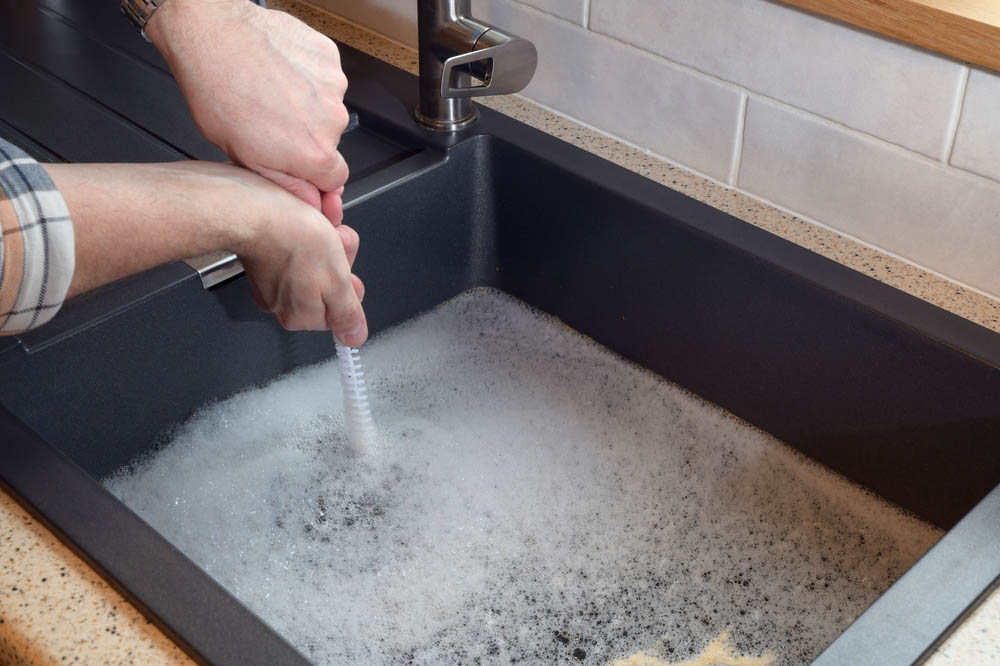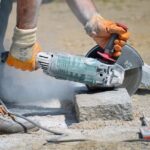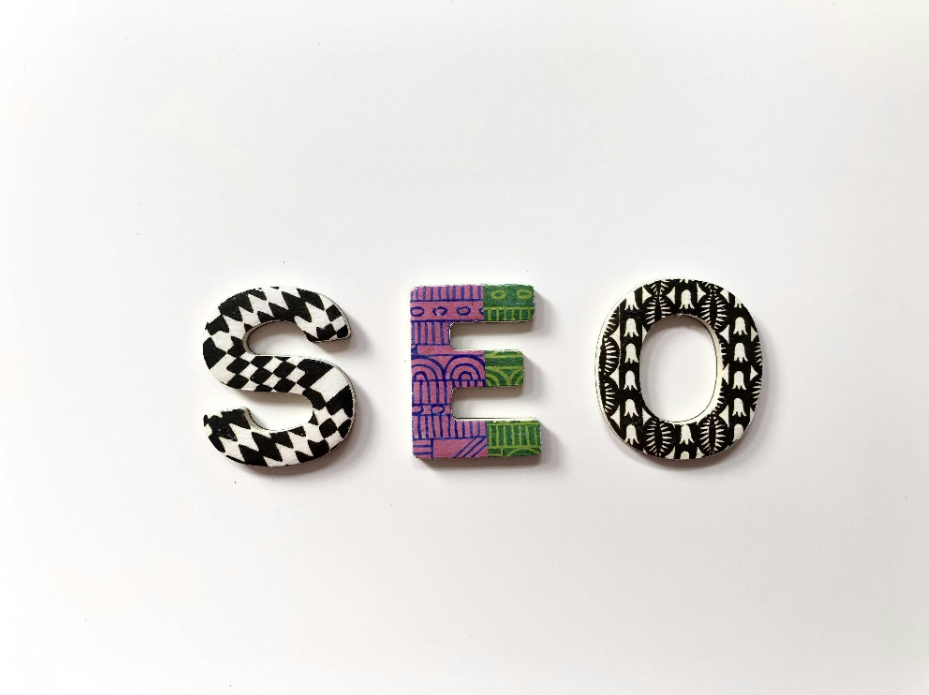Few things are more frustrating than dealing with a clogged drain. From slow-draining sinks to water backups, these issues can disrupt daily life and lead to expensive repairs if left unresolved. While professional drain cleaning is sometimes necessary, homeowners can often prevent clogs with a proactive approach.
This guide explores the importance of preventative drain cleaning and offers practical tips to keep your plumbing system running smoothly. With expert guidance from providers like Pilot Plumbing, Heating and Cooling, maintaining clear and efficient drains becomes a manageable part of home care.
Why Preventative Drain Cleaning Matters
Clogs don’t usually happen overnight. They develop gradually as debris builds up in pipes, narrowing the flow of water. Regular maintenance, such as using a reliable drain cleaner reduces the risk of blockages, prolongs the lifespan of your plumbing, and saves you from unnecessary repair costs.
Benefits of Preventative Drain Maintenance
- Cost Savings: Preventative cleaning reduces the likelihood of expensive repairs or replacements.
- Improved Efficiency: Clean drains ensure water flows freely, improving the performance of sinks, showers, and appliances.
- Avoiding Health Risks: Stagnant water from clogs can lead to unpleasant odors and bacterial growth, impacting indoor air quality.
Common Causes of Clogs
Understanding what causes clogs is the first step toward prevention. The most common culprits include:
Kitchen Drains
- Grease and Oil: These substances solidify in pipes, causing sticky buildup.
- Food Scraps: Even with a garbage disposal, certain foods like coffee grounds and fibrous vegetables can clog drains.
Bathroom Drains
- Hair: Hair tends to accumulate in shower and sink drains, forming tough blockages.
- Soap Scum: Residue from soap combines with minerals in water to create stubborn deposits.
Utility and Outdoor Drains
- Dirt and Debris: Mud, leaves, and small stones can clog outdoor drains and utility sink pipes.
- Tree Roots: Roots seeking moisture can infiltrate underground pipes, causing severe blockages.
DIY Preventative Drain Cleaning Tips
While some drain issues require professional intervention, many can be avoided with simple preventative measures.
1. Use Drain Screens
Drain screens are an inexpensive yet effective tool for keeping debris out of your pipes. Place screens over kitchen, bathroom, and utility drains to catch hair, food particles, and other potential cloggers.
2. Avoid Pouring Grease Down the Drain
Grease may seem harmless when it’s hot, but it solidifies as it cools, leading to pipe obstructions. Instead of pouring grease down the drain, collect it in a container and dispose of it in the trash.
3. Flush Drains with Hot Water
Pouring boiling water down your drains once a week helps dissolve minor grease or soap buildups. Be cautious with PVC pipes, as extremely hot water can cause damage over time.
4. Use Natural Cleaning Solutions
Chemical drain cleaners can be harsh on your pipes and the environment. Instead, opt for natural alternatives like:
- Baking Soda and Vinegar: Pour half a cup of baking soda followed by half a cup of vinegar down the drain. Let it fizz for 10-15 minutes, then flush with hot water.
- Lemon Juice: This not only helps clear minor clogs but also leaves a fresh scent.
5. Maintain Your Garbage Disposal
Run cold water while using your garbage disposal to flush food particles through the system. Avoid grinding fibrous materials like celery or potato peels, which can wrap around the blades.
Signs You Need Professional Drain Cleaning
Even with regular maintenance, some issues require professional attention. Contact a plumber if you notice:
- Slow Draining Water: Persistent slow drainage may indicate a partial blockage or buildup deep in the pipes.
- Recurring Clogs: Repeated clogs in the same drain suggest an underlying issue.
- Foul Odors: Bad smells from drains often signal trapped debris or bacteria.
- Water Backups: Water backing up into sinks, tubs, or toilets is a clear sign of a serious clog.
The Role of Professional Drain Cleaning
Professional drain cleaning services use advanced tools and techniques to address stubborn clogs and prevent future issues.
Common Methods
- Hydro Jetting: High-pressure water is used to clear debris and clean pipe walls thoroughly.
- Drain Snaking: A flexible auger removes clogs by breaking them apart or pulling them out.
- Video Inspections: A small camera is inserted into the pipes to identify blockages and assess their severity.
When to Schedule Cleaning
Experts recommend scheduling professional drain cleaning at least once a year, especially for older homes or properties with heavy water use. Pilot Plumbing, Heating and Cooling offers comprehensive services to keep your plumbing in top condition.
Preventing Outdoor Drain Issues
Outdoor drains are often overlooked but play a crucial role in managing rainwater and preventing flooding.
Keep Drains Clear
Regularly remove leaves, dirt, and debris from outdoor grates and gutters to prevent blockages. Use a hose to flush out any accumulated sediment.
Address Tree Root Intrusion
If you suspect tree roots are infiltrating your pipes, consult a plumber for solutions like root cutting or pipe lining.
Check Drainage Systems
Ensure that downspouts and drainage systems direct water away from your home’s foundation to avoid pooling and potential damage.
Maintaining Sewer Lines
Sewer lines are the backbone of your plumbing system, and maintaining them is essential to avoid backups and costly repairs.
Watch for Warning Signs
- Gurgling sounds from drains.
- Unpleasant odors near sewer lines or fixtures.
- Multiple slow or clogged drains in the home.
Preventative Measures
- Avoid flushing non-biodegradable items, such as wipes or feminine hygiene products.
- Schedule routine sewer inspections to detect and address potential issues early.
Conclusion
Preventative drain cleaning is a simple yet effective way to avoid the inconvenience and expense of clogs and plumbing emergencies. By adopting proactive habits like using drain screens, flushing with hot water, and avoiding grease disposal, you can maintain clear and efficient pipes.
When issues arise that require professional expertise, trusted providers like Pilot Plumbing, Heating and Cooling are ready to assist with advanced tools and techniques. By prioritizing drain maintenance, you’ll enjoy a plumbing system that performs reliably and keeps your home running smoothly.






